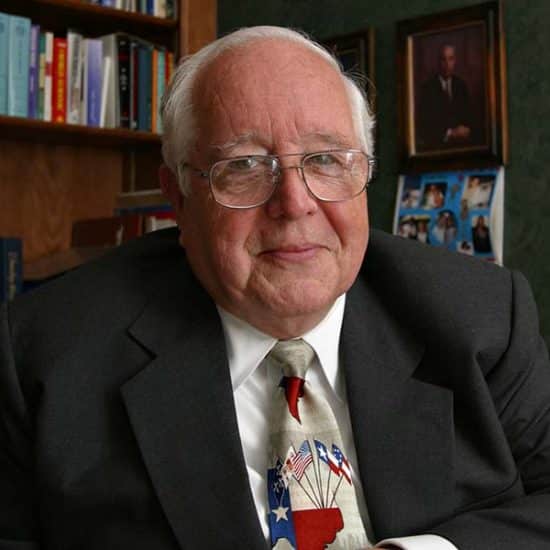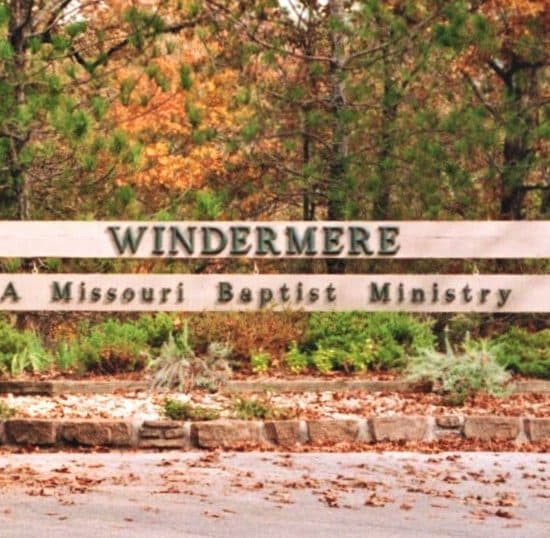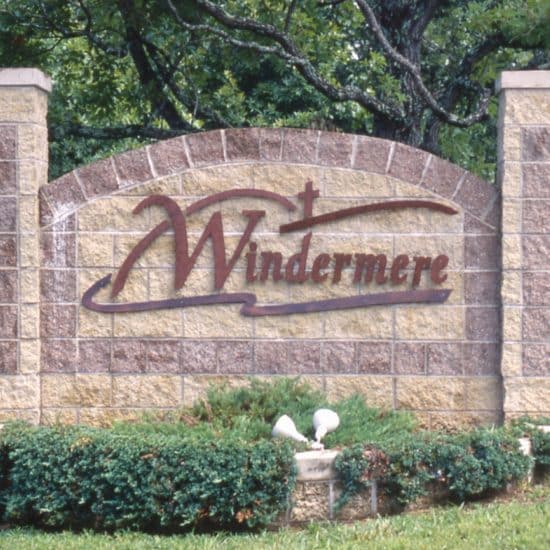Word&Way Correspondent
Kansas City — Windermere Baptist Conference Center acted within its legal rights when it changed its articles of incorporation, a Missouri appellate court ruled Feb. 3.
A Missouri Court of Appeals, Western District, three-judge panel unanimously upheld a lower court’s March 4, 2008, ruling in a nearly seven-year legal battle the Missouri Baptist Convention filed against five formerly affiliated agencies.
The Nov. 25 appeal hearing was the latest round in legal action the MBC took against Windermere, The Baptist Home, Missouri Baptist University, Word&Way and the Missouri Baptist Foundation in an effort to force the entities to rescind changes they had made in their corporate charters. The Home changed its articles of incorporation in 2000 to elect its own trustees. The other four took the same action in 2001. The convention filed suit on Aug. 13, 2002.
Cole County Circuit Court Judge Richard Callahan’s ruling centered on two main aspects of the convention’s contention — corporate membership and a contractual relationship with Windermere. The judge ruled the MBC is not a member of Windermere’s corporation and that no contract exists between the two entities.
In their opinion, Western District Chief Justice Thomas Newton, Judge Joseph Dandurand and Judge James E. Welsh upheld the lower court ruling that the MBC is not a member of the conference center’s corporation. The justices noted that Windermere’s articles of incorporation clearly state that the center would have no members. Missouri law requires not-for-profits to state whether or not the corporation will have members.
“Windermere’s articles of incorporation clearly and unambiguously state that the corporation shall have no members,” the justices ruled.
The MBC had argued that it was a member because Windermere had allowed the convention to elect the conference center’s trustees. The privilege to elect trustees did not create member status.
Also, justices noted, the convention should have been aware of the no-member clause. “[W]e find it disingenuous for the Convention to claim that it is a member of Windermere given that the Convention, at its 2000 Annual Meeting, ratified Windermere’s articles of incorporation and authorized the transfer of assets and liabilities to Windermere,” the panel wrote.
Messengers were given a copy of the articles and were given an opportunity to comment on them before voting.
Justices also turned down the MBC’s contention that its rights were protected even if the convention was not a member. The court ruled that any rights granted under the original charter were not irrevocable rights. The convention had no standing — legal right — to challenge Windermere’s power to act since the MBC is not a member of the center’s corporation, the court added.
Justices noted the convention could have protected its rights when its own agents drafted the original articles and when messengers ratified them, but it did not do so.
The appellate justices also rejected the MBC’s claim that Windermere’s governing documents became a contract that grants the convention third-party rights. The center’s original articles did not indicate the MBC as the primary beneficiary of Windermere’s business. They ruled that no contract existed.
Justices upheld the lower court ruling that Windermere would retain its assets. The convention had failed to ask the circuit court to rescind agreements the MBC made granting assets to the center in 2000. Instead, the appeals court noted, the convention had asked that Windermere’s 1,300 acres be returned if Windermere’s charter changes were rescinded.
As part of a 2006 debt restructuring plan, Windermere transferred 943 acres to National City Bank of Cincinnati in late 2005. The bank sold the property to Windermere Development Company Inc.
The MBC filed legal action in Camden County in 2006 in an effort to stop all land transactions at Windermere pending the outcome of the Cole County case. Before the appellate court ruled, defendants in the Camden County case had requested another hearing. That hearing is set for Feb. 10.
Although not part of its original appeal motion, the MBC asked the justices to consider the lower court’s dismissal of the convention’s claim that Windermere, the other four entities and several individuals — including former MBC Executive Director Jim Hill — had conspired to remove Windermere from convention control.
“The Convention’s allegations of so-called actions, agreements, and conspiracy, however, are vague and insufficient,” the justices wrote.
Windermere’s attorneys issued an e-mail statement following the appellate ruling. “We are pleased with the unanimous opinion…which affirmed Judge Callahan’s decision on every issue and which upheld the positions taken by Windermere throughout this litigation,” lead attorney Jim Shoemake wrote.
“The opinion clearly shows that Windermere was correct and justified in its actions, and, hopefully, this will greatly benefit Windermere in furthering its Christian endeavors.”
“We hope Missouri Baptists will now be able to put this sad conflict behind us,” Windermere chief executive officer Dan Bench noted in a prepared statement. “We pray no additional money, energy, or time will be wasted by further litigation efforts.”
The MBC has 15 days in which to file a motion for the Court of Appeals to rehear the case. The convention also may ask the Missouri Supreme Court to review the appellate decision.
The convention’s case against the other four entities has been on hold pending the outcome of the MBC’s appeal in the Windermere case. No dates have yet been set for those hearings.




